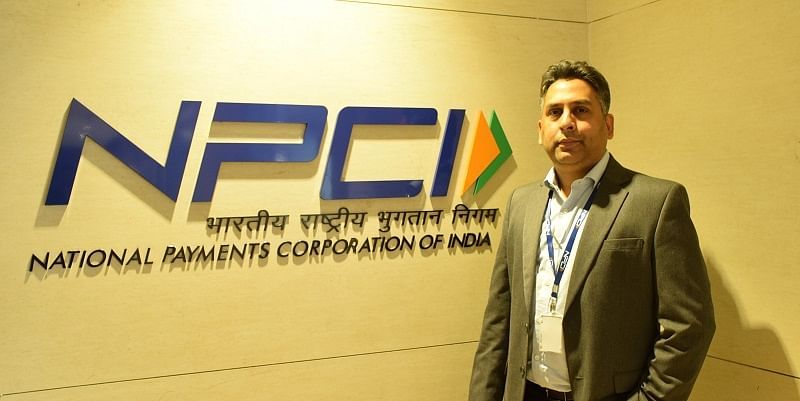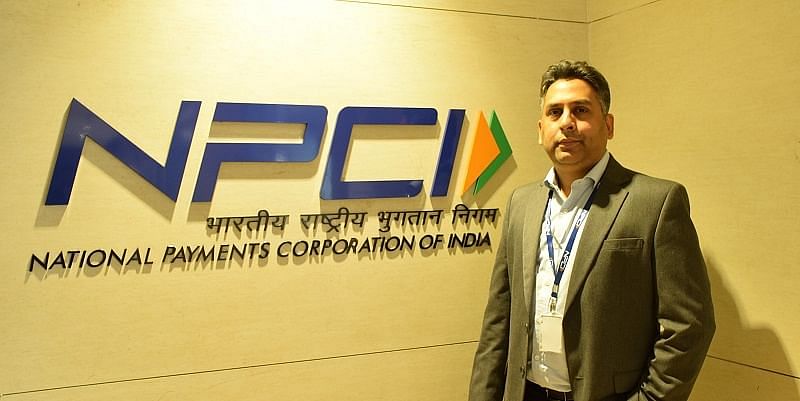The National Payments Corporation of India (NPCI) on Wednesday announced the launch of a subsidiary for its international growth ambitions.
The subsidiary, NPCI International Payments Ltd (NIPL), will facilitate the body's "ambition" of venturing into newer international markets and co-create payment systems with other nations, as per an official statement.
Arif Khan, Chief Digital Officer, NPCI
 Also ReadConcerns over transactions on third party apps like GPay can be redressed: NPCI
Also ReadConcerns over transactions on third party apps like GPay can be redressed: NPCI
The announcement comes a day after the Reserve Bank of India (RBI) came out with guidelines for the creation of other payment platforms with a view to de-risk the system.
NIPL has been tasked with exporting NPCI's indigenously developed offerings and technological acumen to foreign markets and its focus will be the internationalisation of the RuPay and UPI (unified payment interface) platform, an official statement said.
NPCI said its platforms have been cost-effective, secure, convenient and instantaneous and several nations have displayed an inclination towards establishing a 'real-time payment system' or 'domestic card scheme'.
"Several countries such as Asia, Africa, and the Middle East have displayed interest towards replicating our model in their own nations," NPCI Managing Director and Chief Executive Officer Dilip Asbe said.
NPCI, which is owned by local lenders, has appointed Ritesh Shukla as the chief executive of NIPL, it said adding that he joins from rival Mastercard's Middle East and North Africa (MENA) team.
He will be supported by Anubhav Sharma, head of international business for partnership, business development and marketing, and Rina Penkar, head of international business for product development, in NIPL's core team, as per the statement.
Earlier in July, NPCI launched UPI AutoPay functionality for recurring payments.
With this new facility introduced under UPI 2.0, customers can now enable recurring e-mandate using any UPI application for recurring payments — like mobile bills, electricity bills, EMI payments, entertainment/OTT subscriptions, insurance, mutual funds and loan payments, paying for transit/metro payments, among others — of up to Rs 2,000.
If the amount exceeds Rs 2,000, customers have to execute every mandate with UPI PIN, NPCI said in a statement.
Any UPI-enabled application will also have a 'Mandate' section, through which customers can create, approve, modify, pause, as well as revoke auto debit mandate, it said.
(Disclaimer: Additional background information has been added to this PTI copy for context)
(Edited by Saheli Sen Gupta)
Want to make your startup journey smooth? YS Education brings a comprehensive Funding Course, where you also get a chance to pitch your business plan to top investors. Click here to know more.
Read more: yourstory.com
